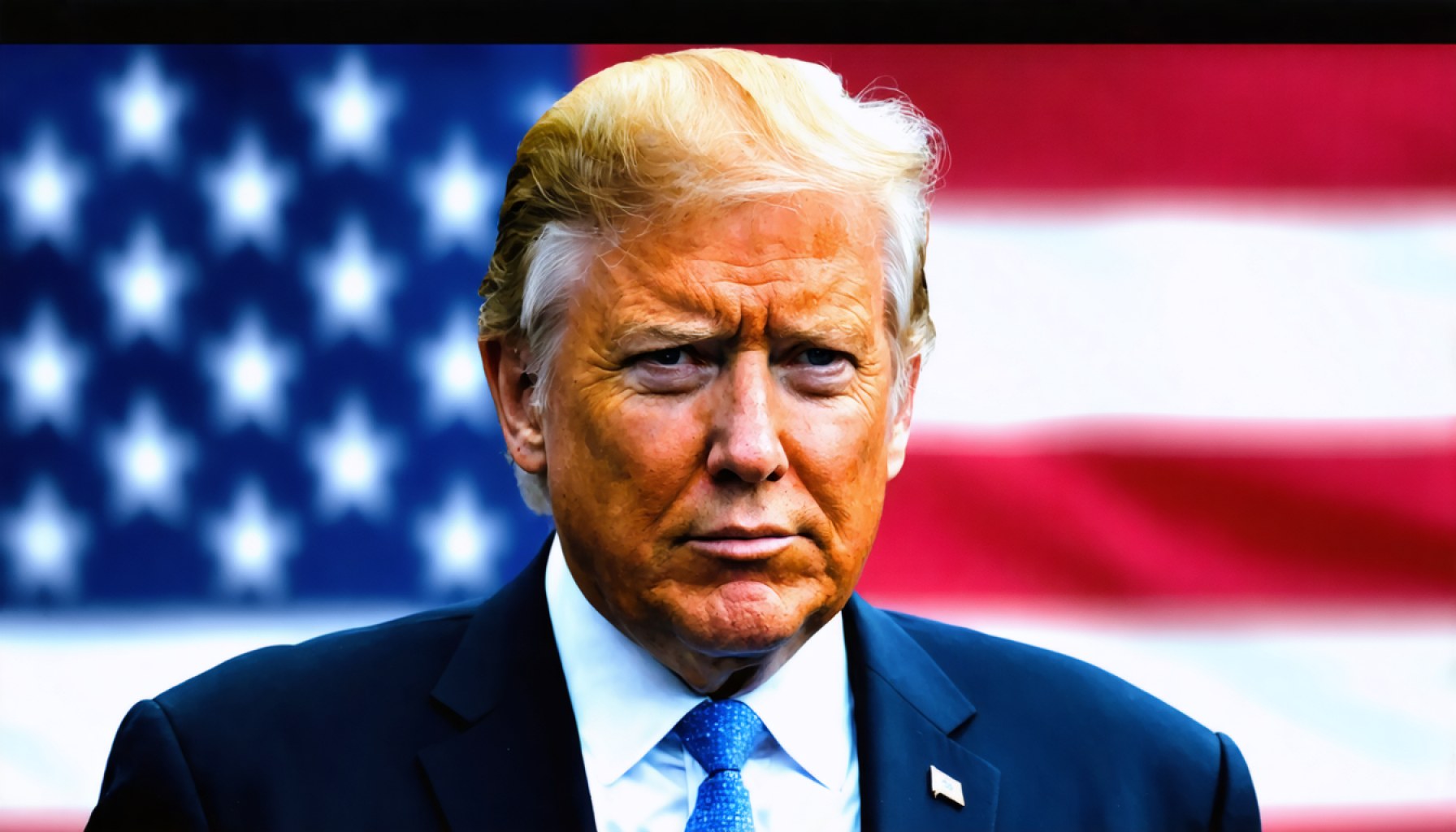- A prominent member of China’s National People’s Congress is under investigation for corruption, highlighting the government’s focus on eradicating malfeasance.
- This individual once held influential roles, including Governor of Jilin Province and Party Secretary of Hubei Province.
- The probe underscores China’s commitment to transparency and integrity, aiming for accountability in government operations.
- The investigation acts as a reminder that ethical governance is essential for societal stability and that vigilance against corruption is crucial.
- The case attracts significant public interest and speculation, with the world closely monitoring the potential political ramifications.
- The situation illustrates a governance principle: trust, once broken, requires substantial reckoning and justice.
A fresh storm brews in China’s political arena as disciplinary authorities delve into the affairs of a towering figure in the nation’s legislature. The focus is on a prominent member of the Standing Committee of the National People’s Congress and vice-chairman of the agriculture committee. This individual now stands under the stark scrutiny of a corruption probe, signaling the nation’s unwavering crackdown on malfeasance.
Born in August 1957, the subject of this investigation boasts a career punctuated by significant roles, such as the Governor of Jilin Province and the Party Secretary of Hubei Province. His rise in political prominence has been nothing short of meteoric, but now, shadows of serious violations taint his legacy.
In vivid detail, the investigative agencies unravel threads of alleged misconduct, reminding the public of the relentless pursuit of transparency and integrity within China’s corridors of power. Colleagues and citizens alike watch as the implications of his actions unfold, underscoring a narrative of accountability in government operations.
This development serves as a stark reminder that even those at the pinnacle of power are not immune to scrutiny. The message rings clear: ethical governance remains a cornerstone of societal stability, and vigilance against corruption is ever crucial. As investigations progress, the world watches closely, eager to learn the outcomes and ramifications for the intricate tapestry of Chinese politics.
Amid swirling speculations and heightened public interest, the investigation emphasizes a core tenet of governance: trust, once shattered, demands a profound reckoning and steadfast justice.
China’s Political Turmoil: What It Means for Governance and Transparency
Understanding China’s Anti-Corruption Drive
How-To Steps & Life Hacks: Addressing Corruption in Governance
1. Implement Transparent Mechanisms: Develop systems that ensure decision-making processes are transparent and accessible to public scrutiny.
2. Engage Whistleblower Protections: Encourage reporting of misdeeds by protecting individuals who expose wrongdoing within governmental structures.
3. Deploy Regular Audits: Conduct frequent audits to keep a close check on financial transactions and operations within various government departments.
4. Promote Ethical Training: Regular training for government officials on ethical standards and the long-term impacts of corruption.
5. Facilitate Public Involvement: Involve citizens in governance through open forums, town hall meetings, and feedback systems to foster accountability and trust.
Real-World Use Cases: Anti-Corruption Models
– Singapore: Known for its rigorous anti-corruption policies, Singapore employs a zero-tolerance approach, relying heavily on a strong legal framework and an efficient Corrupt Practices Investigation Bureau.
– Denmark: Consistently ranked as one of the least corrupt countries, Denmark’s model includes high levels of public sector transparency, a commitment to press freedom, and access to information.
Market Forecasts & Industry Trends: The Ripple Effect
The crackdown on corruption often influences not just political stability but also economic markets. In China, the increased scrutiny may promote a favorable environment for foreign investment by enhancing governmental transparency, although short-term uncertainties might challenge market stability.
Reviews & Comparisons: Governance Models Globally
Comparing China’s anti-corruption drive to other nations highlights differing approaches:
– United States: Focuses on strict lobbying regulations and the Foreign Corrupt Practices Act (FCPA), targeting both domestic corruption and foreign corrupt practices by American businesses.
– China: The focus remains on high-profile cases to set examples, with the continued resolve to discipline long-standing bureaucratic practices.
Controversies & Limitations
Challenges in China’s Anti-Corruption Efforts
Critics argue that China’s campaign is sometimes used as a tool for political purges rather than solely addressing corruption. The lack of an independent judiciary often raises questions regarding impartiality.
Features, Specs & Pricing: Tools for Anti-Corruption
Leveraging technology can aid anti-corruption efforts:
– Blockchain: Used for creating transparent and immutable logs of transactions.
– Data Analytics: Helps in detecting anomalies that may indicate corruption.
Security & Sustainability
Efforts to curb corruption can reinforce long-term security by stabilizing the political landscape. However, overemphasis on punishment without systemic reforms might not ensure sustainable governance practices.
Insights & Predictions
The ongoing investigation into the Chinese official might lead to heightened awareness and further crackdowns on corruption across various sectors within China. The global community eagerly anticipates changes in governance transparency and accountability norms.
Tutorials & Compatibility
– Educational Modules: Governments can develop online courses for officials and citizens on understanding and combating corruption.
– Application Integration: Systems like SecureDrop can be integrated for anonymous whistleblowing.
Pros & Cons Overview
Pros:
– Reinforces accountability and ethical governance.
– May attract foreign investment due to increased transparency.
Cons:
– Potential misuse as a political tool.
– Short-term unrest or economic instability during investigations.
Actionable Recommendations
– Organizations should adopt robust anti-corruption policies.
– Citizens can engage more in civic matters to hold governments accountable.
– Spread awareness of anti-corruption tools and frameworks for broad applications.
By understanding these aspects, individuals and organizations can better navigate the complexities of governance and ethics, advocating for a transparent and accountable governing body.
For more on global governance trends, visit the United Nations.
